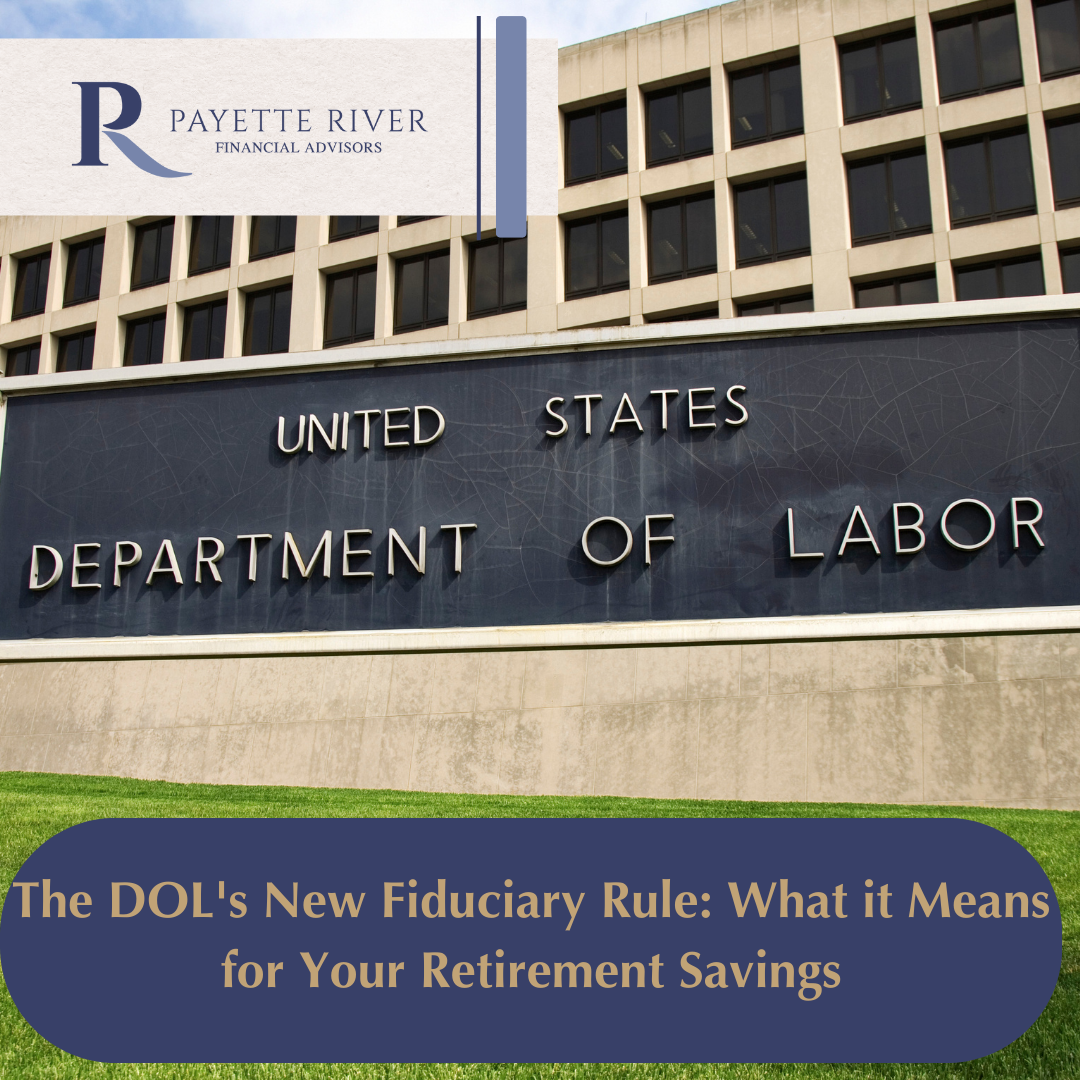The Department of Labor’s fiduciary rule has undergone several revisions throughout the years. The latest amendment aims to ensure that financial professionals consider their clients’ best interests when recommending retirement investments, products, and services. Back in 1975, when the regulations were first introduced, individual retirement accounts (IRAs) were in their infancy, and 401(k) plans didn’t even exist yet. Retirement assets were primarily held in pension funds controlled by big companies or other large plan sponsors and money managers.
Today, individuals are often responsible for their own retirement savings, regardless of financial literacy. There has also been an increase in the diversity and complexity of products and services offered, thus creating an ever-growing information gap between financial professionals and their clients.
In a study conducted by Greenwald Research and published by the National Institute on Retirement Security, analyzing Americans’ views on retirement in 2024, their survey found that a whopping 79% of Americans believe there is a retirement crisis in this country. Retirees lose billions of dollars in mismanaged investments, fees, and purchasing expensive products they don’t really need.
AARP’s chief advocacy and engagement officer, Nancy LeaMond, revealed in a statement, “This rule closes legal loopholes that allowed some advisers to recommend investments with excessive fees and unnecessary risks, which collectively cost retirement savers billions of dollars a year.” The amendment, though, also stresses that financial professionals deserve to be paid fairly for their knowledge and advice, helping investors work toward their financial and retirement goals.
What does this new rule mean for you and your retirement savings?
There are two significant points of interest within the 460+ pages of the proposed final rule.
1. The overall definition of being an investment advice fiduciary
As mentioned above, the concepts of fiduciary duty and professional responsibility are being scrutinized more closely to emphasize the necessity that financial professionals advising on retirement plans and investments are legally obligated and expected to put their clients’ interests over their own.
2. Amended exemptions
Investment advice fiduciaries are required through amended exemptions to provide retirement investors with advice that is prudent, loyal, honest, and free from overcharges. The conditions for how financial professionals and companies receive certain compensation, such as commissions, have been reworked to include more stringent requirements that must be met.
Fair and balanced reporting
- Phase-in period – Keep in mind, there is a phase-in period for approximately 150 days after the date of publication in the Federal Register. Even though the rule was passed, you don’t necessarily get the benefit of the financial professional acting entirely in your self-interest right away unless you have already consulted a financial professional who has adhered to these ethics without being obligated to.
- Not everyone agrees with the new rule – Opponents of the new revisions to the rule argue that the new fiduciary definition is too broad and nothing more than a rewrite of the now-defunct 2016 rule proposition that a federal court struck down.
- Potential increase in costs – Some argue that the rule’s broader approach to fiduciary standards welcomes higher liability exposure, therefore creating additional compliance obligations that could increase the costs of providing services. That may, therefore, raise the cost burden for investors getting advice to help them build their retirement.
Consider consulting your financial professional
If you have concerns regarding the new fiduciary rule and how it might impact your relationship with your financial professional or overall strategy, be open and transparent about your questions and concerns. Being honest with your financial professional can continue to help build trust, which is what relationships are all about.
Sources:
New Federal Rule Cracks Down on Bad Retirement Savings Advice (aarp.org)
Labor Department cracks down on bad retirement savings advice (cnbc.com)
Is Your Financial Planner Acting in Your Best Interest? | Kiplinger
2024-08065.pdf (federalregister.gov)
Important Disclosures:
Content in this material is for educational and general information only and not intended to provide specific advice or recommendations for any individual.
All information is believed to be from reliable sources; however, LPL Financial makes no representation as to its completeness or accuracy.
This article was prepared by LPL Marketing Solutions
LPL Tracking #571249


